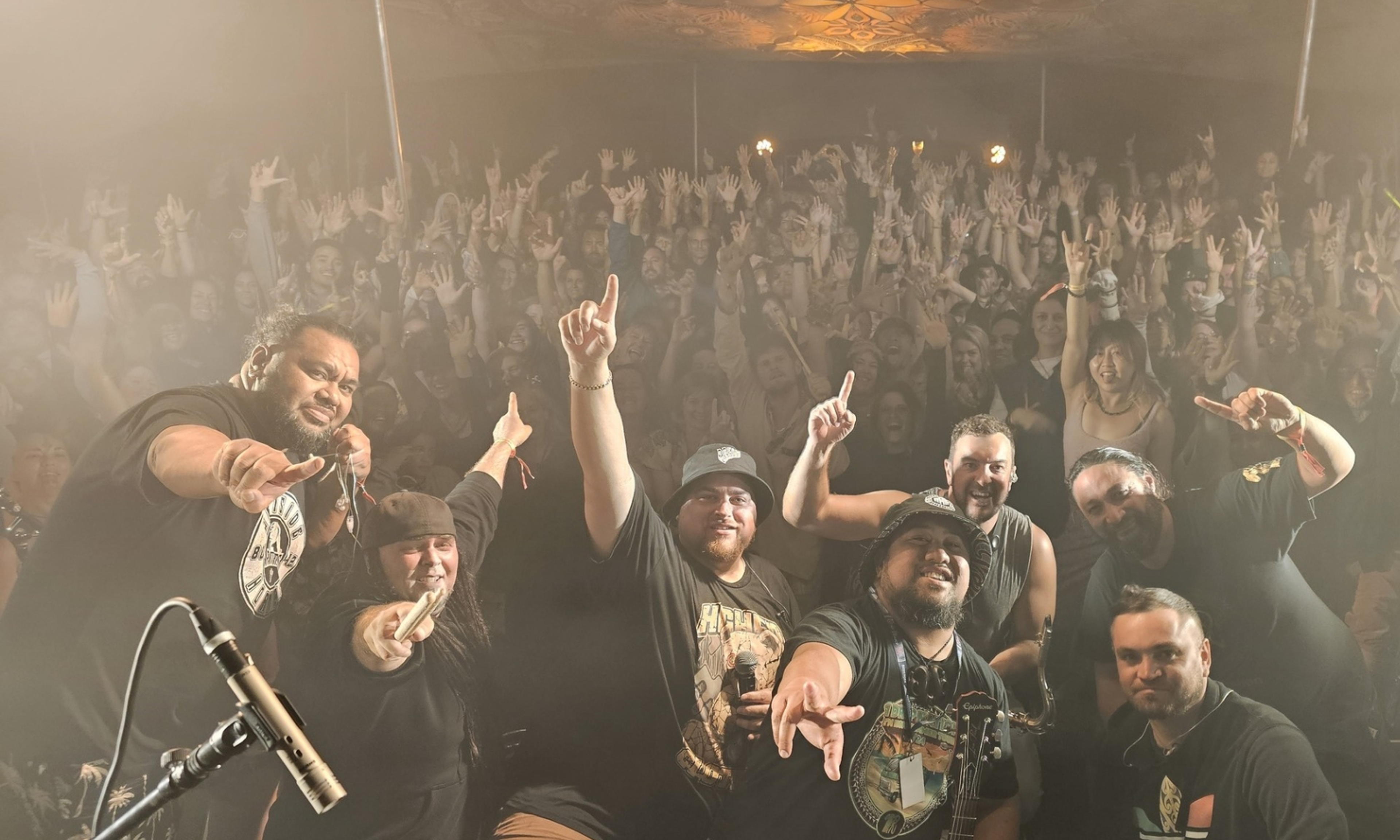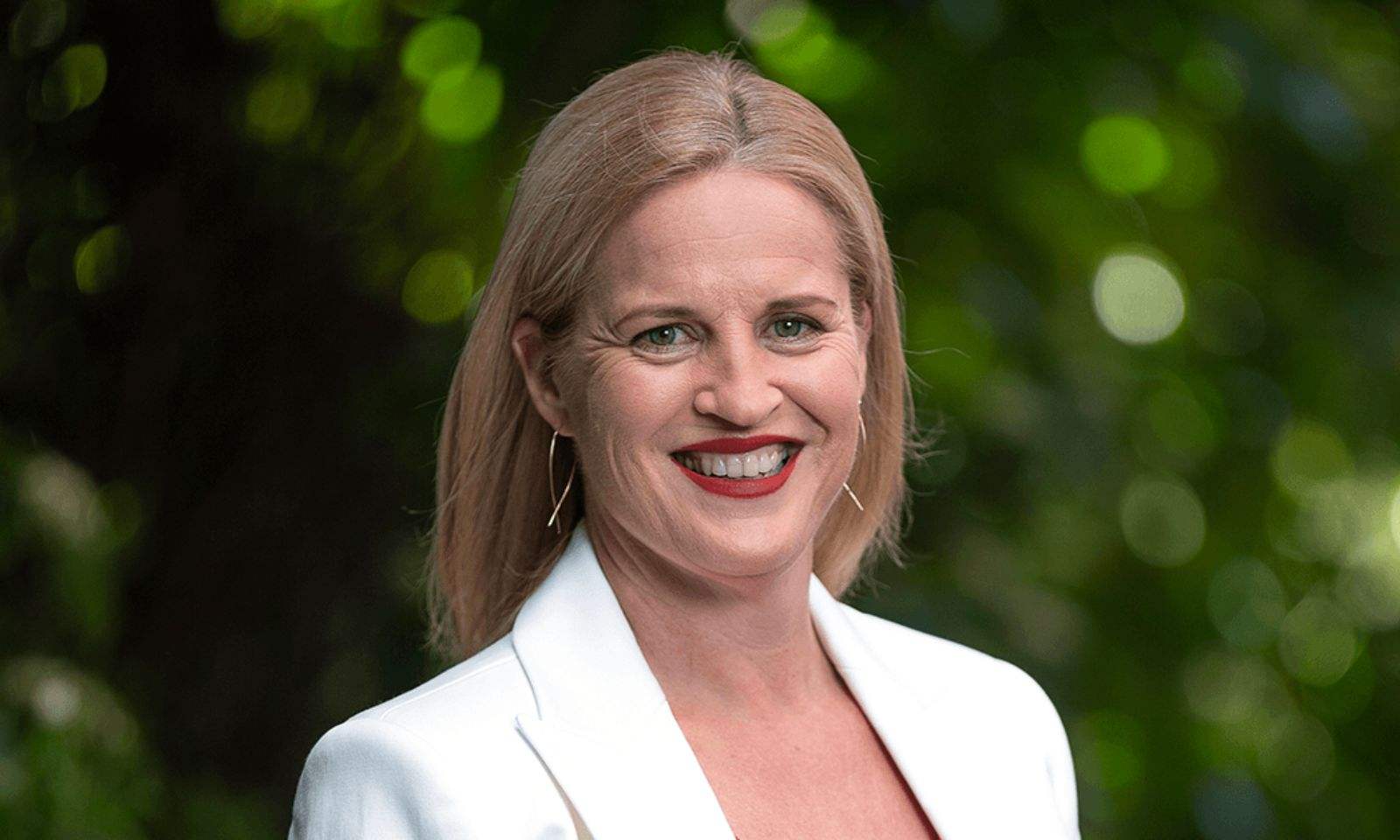

Co-chair for the PDF, Latoa Halatau-Talagi.
Photo /Facebook/Pacific Disability Forum
Disability services shake-up ignores vulnerable community - Pacific NGO
The Pacific Disability Forum says the government’s shock announcements around disability services has failed to uphold the UN conventions for people living with cognitive impairment.



Ōtautahi's 1 Drop Nation celebrates brotherhood and legacy in new music




Lineup for Miss Pacific almost complete after Fiji, PNG crown queens

Ōtautahi's 1 Drop Nation celebrates brotherhood and legacy in new music


The Pacific Disability Forum (PDF) says the government's shake-up of disability services dismisses disability voices and has failed New Zealand's progressive reputation.
Disability Issues Minister Louise Upston announced "immediate action" following findings of a review, which included moving the disability support service responsibility from Whaikaha - Ministry of Disabled People to the Ministry of Social Development (MSD).
Whaikaha will now be a stand-alone agency responsible for community advocacy, separate from MSD.
Speaking to William Terite on Pacific Mornings, PDF co-chair Latoa Halatau-Talagi said this shake-up "paused development" of their Enabling Good Lives (EGL) project.
Halatau-Talagi said the EGL was a byproduct of the PDF's work with New Zealand governments and aimed at implementing the country's disability strategy.
"Pause can be interpreted that they are not going to listen to, or involve, persons with disabilities that have been working in partnership with the government for the past 10 years and any initiatives," Halatau-Talagi said.
"Pacific peoples, Māori and disabled people are represented in the disparities that have existed for a long time.
"This pause will not assist in addressing those disparities, it will only demonstrate that New Zealand's commitment is wavering or not as full as promised."
He said EGL comprised eight principles aimed at giving disabled people and their families greater choice and control over the support they received.
The PDF is a constituency of 71 organisations, of and for persons with disabilities, alongside associate members representing diverse groups of persons with disabilities, and their supporters in 22 Pacific Island countries and territories.
Halatau-Talagi, who is New Zealand-based, said Aotearoa had always been a country that they looked up to, to lead the way in human rights and inclusive practices, to help persons with disabilities.
Watch the full interview via 531pi's FB page below:
Upston said the changes resulted from an independent review that claimed Whaikaha had engaged in "unsustainable funding and a lack of fairness and transparency around what support disabled people can access".
She said significant changes were made to stabilise the disability support system, that they were committed to supporting disabled people, hence their record $1.1 billion funding boost, and that the source of the issue was the previous government.
"The review found much of the problem stems from the previous government’s ‘rushed’ six-month establishment of the Ministry of Disabled People – Whaikaha," Upston said.
“The Ministry’s financial controls were ‘poor’, its monitoring of expenditure ‘inadequate’, and it lacked the public sector disciplines and operational practices seen in other government agencies."

Louise Upston. Photo /National Party
However, Halatau-Talagi said they missed one key area - upholding the United Nations Convention on the Rights of Persons with Disabilities.
He said for the first time, the government failed to uphold the UN convention, particularly article 4.3, which denoted that decision-making processes relating to persons with disabilities must closely consult with and actively involve persons with disabilities, including children with disabilities, through their representative organisations.
"The disability community and the disability sector as a whole. . . this is a blow that would bypass a consultation before the measures had been taken," he said.
"It's important because the NZ government has ratified the disability convention. They have demonstrated through various governments that's been in place since we ratified in 2008, that article 4.3 is fundamental."
Despite a horizon of setbacks, Halatau-Talagi said the disability movement could not be "paused" or stopped.
"There are enough people in the disability community who will champion the change that's needed.
"The Pacific Disability Forum is part of that movement for self-determination and EGL is a New Zealand-grown solution to the challenges of disability in this country.
“So the sooner we get back on track in that direction then the better New Zealand's reputation will be at an international level.”